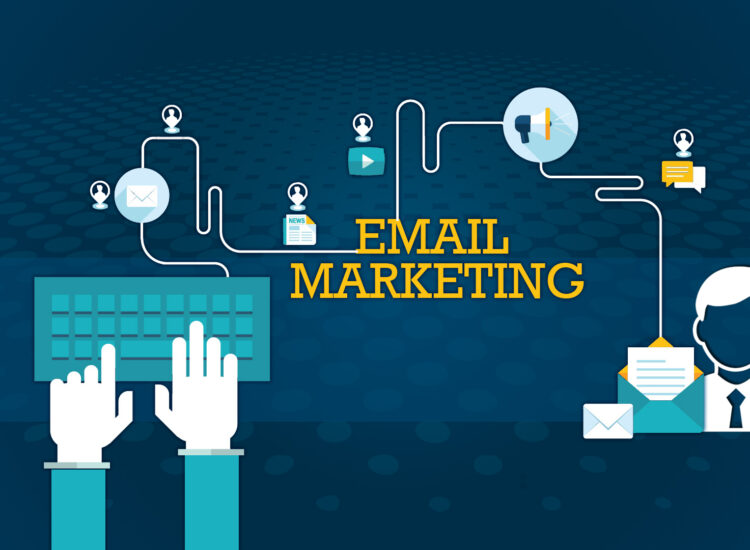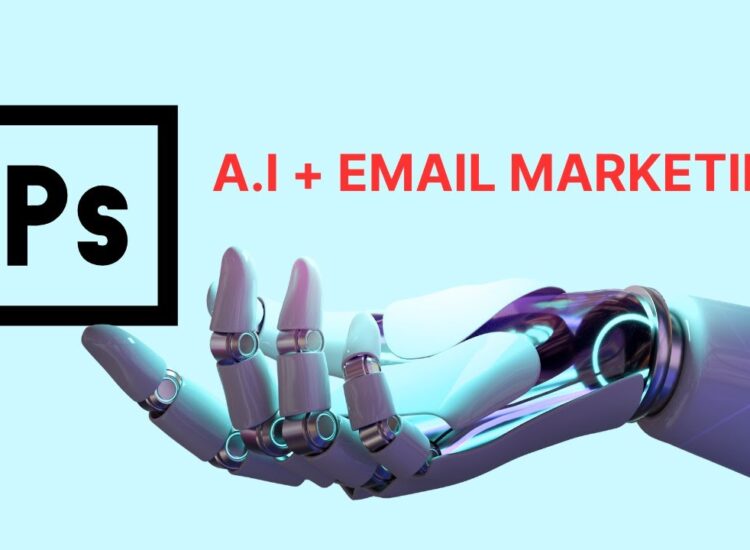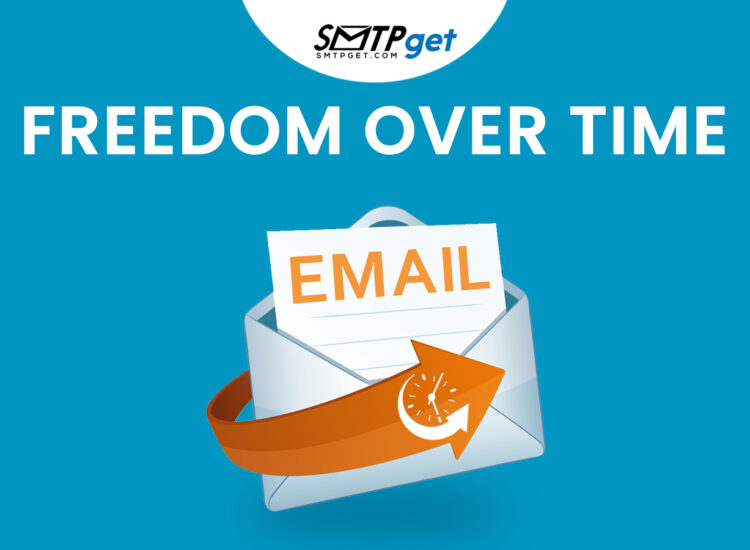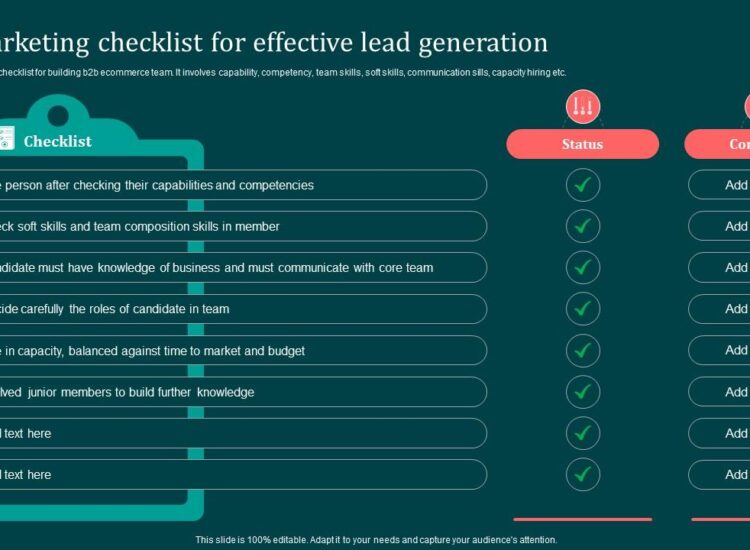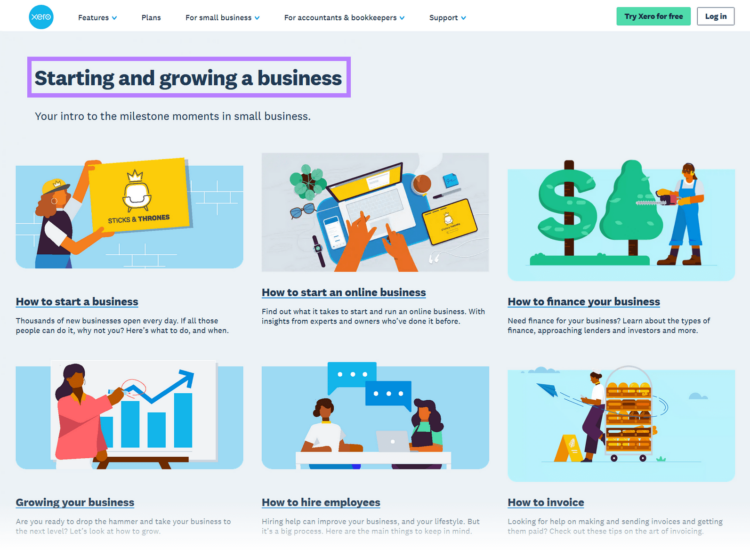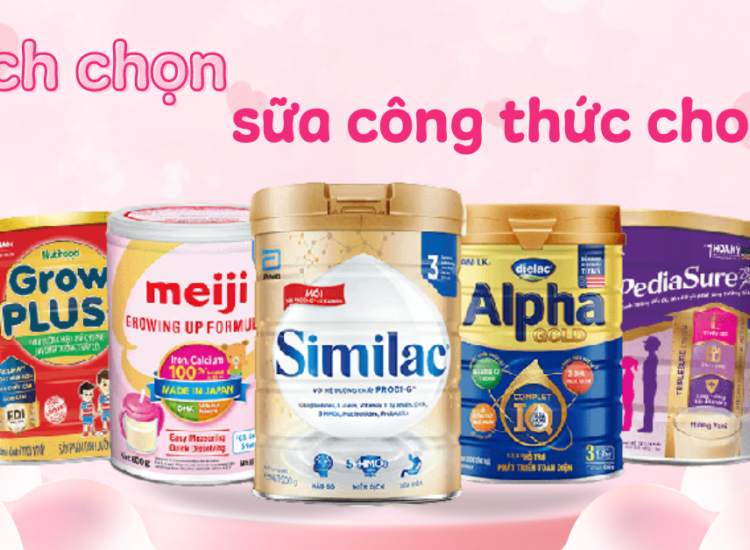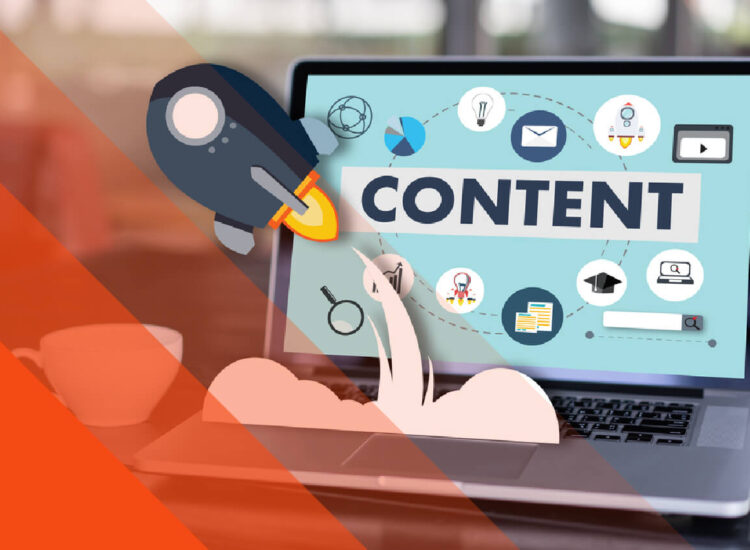In the complex world of business-to-business (B2B) sales, building relationships, establishing credibility, and guiding potential customers through a lengthy decision-making process are paramount. Unlike impulsive B2C purchases, B2B transactions often involve multiple stakeholders, extensive research, and careful consideration. This is where B2B content marketing plays a crucial, transformative role.
Toc
- 1. What is B2B Content Marketing (and How is it Different from B2C)?
- 2. Why B2B Content Marketing is Essential for Growth
- 3. Related articles 01:
- 4. Understanding the B2B Buyer Journey: Content Mapping
- 5. Developing Your B2B Content Marketing Strategy
- 6. Key B2B Content Formats and How to Use Them
- 7. Distributing Your B2B Content Effectively
- 8. Measuring Success and Proving ROI
- 9. Related articles 02:
- 10. Challenges in B2B Content Marketing
- 11. Best Practices for B2B Content Marketing
- 12. Conclusion: The Strategic Imperative of B2B Content Marketing
B2B content marketing is not just about creating blog posts; it’s a strategic approach focused on creating and distributing valuable, relevant, and consistent content to attract and retain a clearly defined audience—and, ultimately, to drive profitable customer action. 1 For B2B companies, this means speaking directly to the needs, challenges, and aspirations of other businesses and the professionals within them.
Mastering B2B content marketing is essential for generating high-quality leads, positioning your brand as a thought leader, building trust with prospects, and supporting your sales team throughout the buyer journey. This comprehensive guide will delve into the nuances of B2B content strategy, explore effective content formats, discuss distribution tactics, and outline how to measure success.
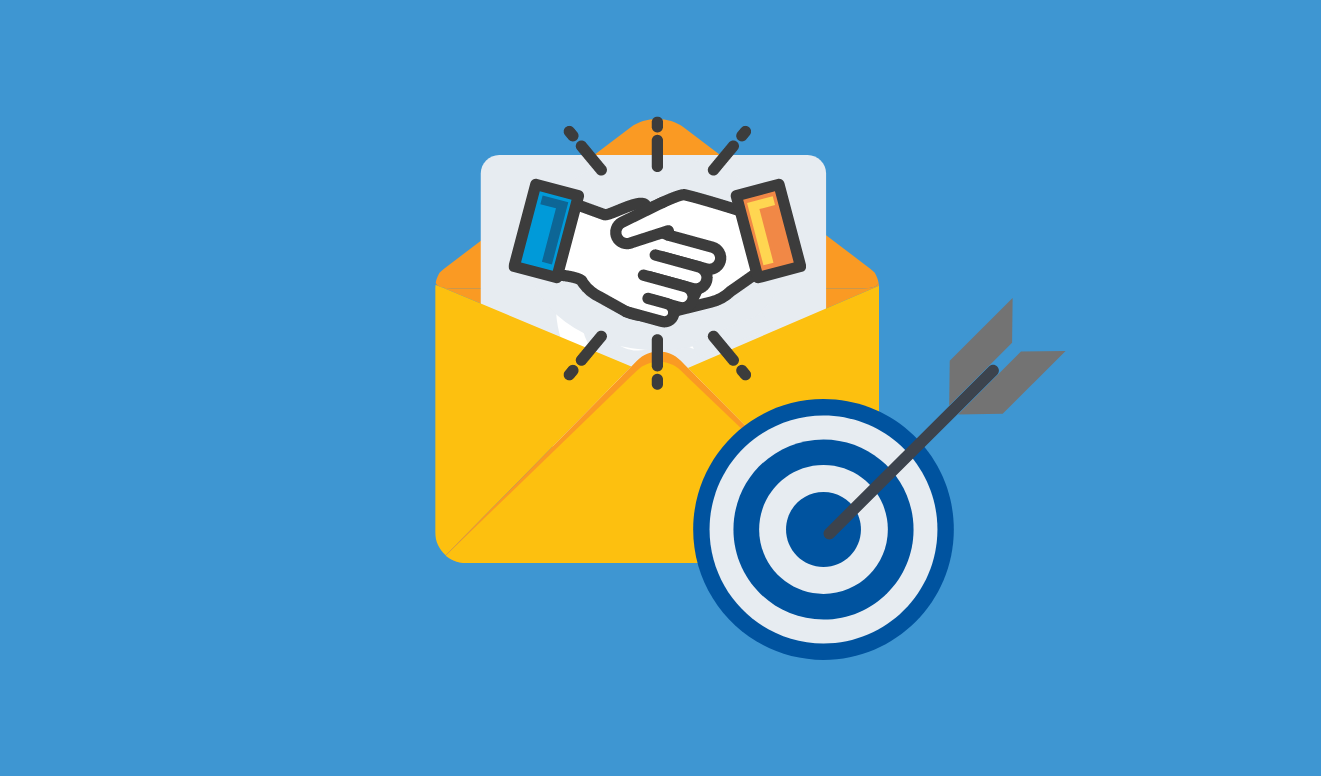
What is B2B Content Marketing (and How is it Different from B2C)?
At its core, content marketing is about attracting and engaging an audience with valuable content. However, B2B content marketing has distinct characteristics compared to Business-to-Consumer (B2C) content marketing:
- Audience: B2B targets professionals making decisions on behalf of their company, often involving logical, data-driven rationale. B2C targets individual consumers, often driven by emotion, price, or immediate need.
- Buyer Journey: B2B sales cycles are typically much longer, involving multiple touchpoints and decision-makers. B2C cycles are generally shorter, sometimes instantaneous.
- Content Focus: B2B content emphasizes expertise, industry insights, ROI, efficiency, and problem-solving. B2C content often focuses on entertainment, aspiration, or immediate gratification.
- Goal: While both aim for conversion, B2B content often focuses on generating qualified leads, nurturing relationships, and supporting sales. B2C often aims for immediate sales or brand loyalty.
- Content Channels: While there’s overlap, B2B heavily utilizes LinkedIn, industry-specific publications, webinars, and email lists, whereas B2C might lean more towards Instagram, TikTok, or broad consumer platforms.
Therefore, B2B content marketing requires a sophisticated understanding of business challenges and a commitment to providing deep, authoritative value.
Why B2B Content Marketing is Essential for Growth
Ignoring content marketing in the B2B space means missing out on critical opportunities. Here’s why it’s non-negotiable:
- Builds Trust and Credibility: High-quality content establishes your company as an expert and a trustworthy partner. This is vital when businesses are making significant investment decisions.
- Generates Qualified Leads: By addressing specific pain points and offering solutions, content attracts prospects who are already interested in what you offer. Lead generation forms on valuable content assets (like white papers) are powerful tools.
- Supports the Complex Buyer Journey: B2B content can be tailored to each stage of the buyer journey, providing the right information at the right time, moving prospects closer to a decision.
- Improves Search Engine Rankings (SEO): Valuable content attracts backlinks and drives engagement, signaling authority to search engines, which improves organic search visibility for relevant B2B keywords.
- Enables the Sales Team: Providing sales with relevant case studies, datasheets, and insights helps them have more informed conversations and close deals faster.
- Positions You as a Thought Leader: Sharing unique insights and analysis helps you stand out from competitors and become a respected voice in your industry.
- Increases Brand Awareness: Consistent, valuable content keeps your brand top-of-mind with potential customers over time.
In essence, B2B content marketing is about educating and assisting potential customers, guiding them through their problem-solving process, and demonstrating why your solution is the best fit.
1. https://duocphamvietduc.com.vn/mmoga-how-to-use-ai-in-marketing-a-comprehensive-guide-for-2025/
4. https://duocphamvietduc.com.vn/mmoga-ai-in-digital-marketing-transform-your-strategy-in-2025/
5. https://duocphamvietduc.com.vn/mmoga-effective-link-building-strategies-to-boost-your-seo-in-2025/
Understanding the B2B Buyer Journey: Content Mapping
Effective B2B content marketing hinges on understanding the stages a B2B buyer goes through. Mapping your content to this journey ensures you provide the right information when prospects need it most.
- Awareness Stage: The buyer realizes they have a problem or opportunity.
- Goal: Problem identification, providing helpful information.
- Content Focus: High-level educational content addressing common challenges.
- Effective Formats: Blog posts, articles, industry reports, infographics, short videos, checklists, podcasts.
- Consideration Stage: The buyer has defined their problem and is researching potential solutions.
- Goal: Presenting your solution category as viable, demonstrating expertise.
- Content Focus: More detailed content explaining methodologies, options, and features.
- Effective Formats: White papers, eBooks, webinars, comparison guides, expert interviews, case studies (high-level).
- Decision Stage: The buyer has narrowed down their options and is choosing a vendor.
- Goal: Helping the buyer select your solution, building confidence.
- Content Focus: Specific information about your product/service, social proof, ROI justification.
- Effective Formats: Case studies (detailed), testimonials, product datasheets, vendor comparison guides, free trials/demos, consultations, implementation guides, pricing guides.
By aligning your content with each stage, you provide a clear path for prospects and demonstrate your understanding of their evolving needs.
Developing Your B2B Content Marketing Strategy
A successful B2B content marketing effort starts with a clear strategy:
- Define Clear Goals: What do you want your content to achieve? (e.g., Increase MQLs by 15%, improve website traffic from target accounts, establish leadership in a specific niche). Ensure goals are SMART (Specific, Measurable, Achievable, Relevant, Time-bound).
- Identify Your Target Audience & Create Buyer Personas: Go beyond basic demographics. Understand their job roles, responsibilities, pain points, goals, challenges, information sources, and decision-making process. Create detailed personas for the key stakeholders involved in the purchase.
- Map Content to the Buyer Journey & Personas: Based on your goals and personas, plan specific pieces of content needed for each stage of the buyer journey for each key persona. Identify content gaps.
- Choose the Right Content Formats: Select formats that best suit your message, audience preferences, and stage of the buyer journey. (See section below).
- Plan Your Distribution Channels: How will you get your content in front of your target audience? (See distribution section below).
- Establish Measurement Metrics: Define how you will track the performance of your content against your goals.
- Create a Content Calendar: Plan your content creation and publishing schedule to ensure consistency.
Key B2B Content Formats and How to Use Them
Selecting the right format is crucial for delivering value effectively in the B2B space.
- Blog Posts & Articles: Excellent for the Awareness stage, establishing thought leadership, and driving organic traffic via SEO. Focus on addressing specific questions and challenges.
- White Papers & eBooks: Ideal for the Consideration stage, offering in-depth analysis of a problem and potential solutions. Used as lead magnets behind a form. Require significant research and expertise.
- Case Studies: Powerful for the Decision stage, demonstrating real-world success stories and ROI. Highlight the challenge, your solution, and quantifiable results.
- Webinars & Virtual Events: Highly engaging for Consideration and Decision stages. Allow for direct interaction, Q&A, and showcasing expertise. Effective for lead generation and qualification.
- Industry Reports & Original Research: Establishes significant authority (E-E-A-T) and is highly linkable. Great for the Awareness stage and providing valuable data points for other content.
- Infographics: Useful across stages for simplifying complex data or processes. Highly shareable on social media (especially LinkedIn).
- Videos: Versatile for all stages. Explainer videos (Awareness/Consideration), customer testimonials (Decision), thought leadership interviews (Awareness/Consideration).
- Podcasts: Allow busy professionals to consume your content on the go. Great for thought leadership and building relationships through interviews (Awareness/Consideration).
- Checklists, Templates, Worksheets: Practical tools for the Consideration/Decision stages. Provide immediate value and serve as effective lead magnets.
- Email Newsletters: Essential for nurturing leads across all stages and keeping your brand top-of-mind. Distribute new content and exclusive insights.
The best B2B content marketing strategies leverage a mix of these formats to engage prospects at various points in their journey.
Distributing Your B2B Content Effectively
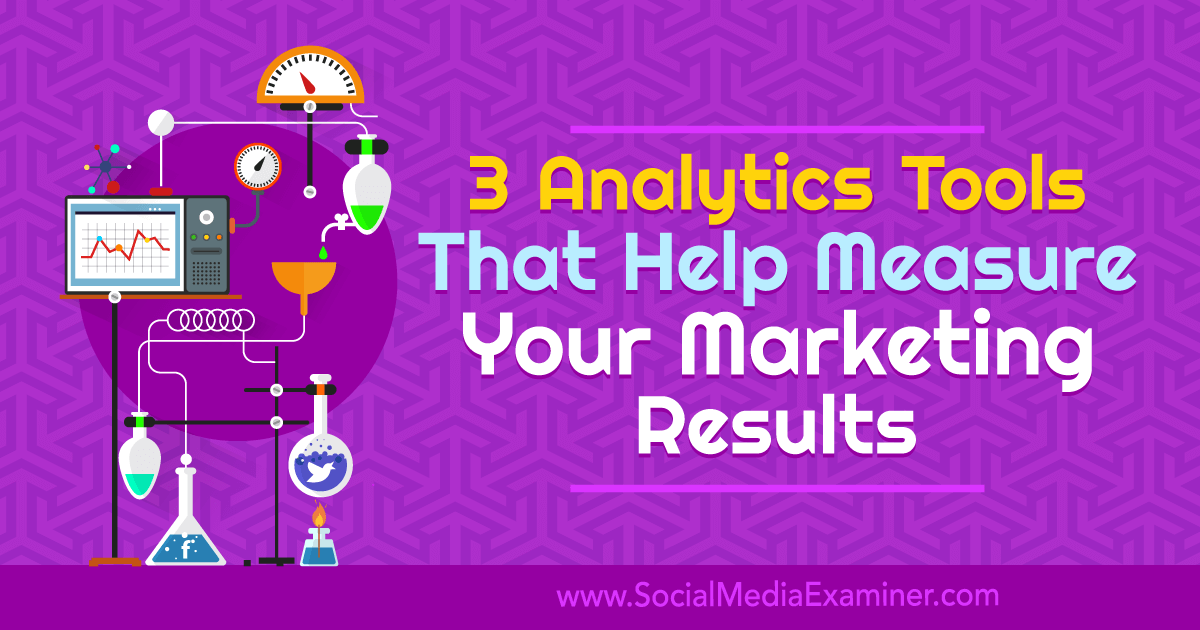
Creating great content is only half the battle; getting it in front of your target audience is equally important.
- Search Engine Optimization (SEO): Ensure your content is optimized for relevant B2B keywords so prospects can find it through organic search.
- Social Media Marketing: Focus on B2B-centric platforms like LinkedIn (ideal for professional networking and sharing in-depth content), Twitter (for industry news and quick insights), and potentially others depending on your niche. Share content natively or with links back to your site.
- Email Marketing & Nurturing: Use email sequences to deliver targeted content to leads based on their interests and stage in the buyer journey. Promote new content via your newsletter.
- Paid Content Promotion: Use platforms like LinkedIn Ads, Google Ads (for content-focused keywords), or native advertising networks to amplify the reach of your key content assets (e.g., promoting a white paper download).
- Sales Team Enablement: Train your sales team on how and when to share relevant content with prospects during their interactions.
- Syndication & Repurposing: Republish or adapt your content for other platforms or publications (with proper attribution) to reach new audiences. Break down webinars into short video clips or turn a white paper into a blog series.
- Industry Publications & Influencers: Pitch your content or research to relevant industry blogs, magazines, or collaborate with B2B influencers to reach their audience.
Effective distribution is key to maximizing the impact and ROI of your B2B content marketing efforts.
Measuring Success and Proving ROI
Measuring the performance of your B2B content marketing is essential for optimizing your strategy and justifying your investment.
1. https://duocphamvietduc.com.vn/mmoga-top-ai-marketing-tools-to-revolutionize-your-strategy-in-2025/
5. https://duocphamvietduc.com.vn/mmoga-effective-link-building-strategies-to-boost-your-seo-in-2025/
Key metrics to track:
- Website Traffic: Overall visits, traffic sources (organic, social, direct, referral), and traffic to specific content pages.
- Engagement Metrics: Time on page, bounce rate, social shares, comments, downloads of content assets (white papers, eBooks).
- Lead Generation: Number of leads generated from content forms, quality of those leads.
- Conversion Rates: Percentage of visitors who convert into leads or customers after engaging with content.
- Marketing Qualified Leads (MQLs) & Sales Qualified Leads (SQLs): Track how content influences movement down the funnel.
- Cost Per Lead (CPL): Calculate the cost of acquiring a lead through your content efforts.
- ROI: Ultimately, connect your content efforts to revenue generated. This often requires integration with CRM systems.
Use tools like Google Analytics, Google Search Console, marketing automation platforms, and CRM systems to track these metrics and gain insights into content performance.
Challenges in B2B Content Marketing
While powerful, B2B content marketing comes with challenges:
- Creating High-Quality, In-Depth Content: Requires significant resources and expertise.
- Reaching the Right Decision-Makers: The audience can be difficult to pinpoint and engage.
- Measuring ROI Effectively: Connecting content views to closed deals can be complex.
- Maintaining Consistency: Requires ongoing effort and planning.
- Getting Buy-In: Convincing stakeholders of the value of content marketing.
Overcoming these requires strategic planning, investing in talent or resources, aligning marketing and sales, and robust tracking mechanisms.
Best Practices for B2B Content Marketing
- Always Focus on Value: Solve your audience’s problems, don’t just talk about yourself.
- Be Audience-Centric: Tailor content to specific buyer personas and their journey stages.
- Prioritize E-E-A-T: Demonstrate your Experience, Expertise, Authoritativeness, and Trustworthiness.
- Be Consistent: Publish and promote content regularly.
- Include Clear Calls to Action (CTAs): Tell visitors what you want them to do next (download, register, contact sales).
- Optimize for Search: Integrate SEO best practices into your content creation process.
- Promote Ruthlessly: Spend as much time promoting your content as you do creating it.
- Measure and Optimize: Continuously analyze your data and refine your strategy.
Conclusion: The Strategic Imperative of B2B Content Marketing
For B2B companies navigating complex sales cycles and competing for the attention of busy professionals, B2B content marketing is no longer optional – it’s a strategic imperative. It’s the engine that drives awareness, builds trust, generates qualified leads, and supports the entire sales process.
By understanding your audience deeply, mapping content to their buyer journey, creating valuable and authoritative resources, distributing them effectively, and meticulously measuring your results, you can build a powerful B2B content marketing machine. It requires dedication, resources, and a long-term perspective, but the rewards in terms of leads, revenue, and market position are undeniable. Start building your content blueprint today and position your business for sustainable growth.

